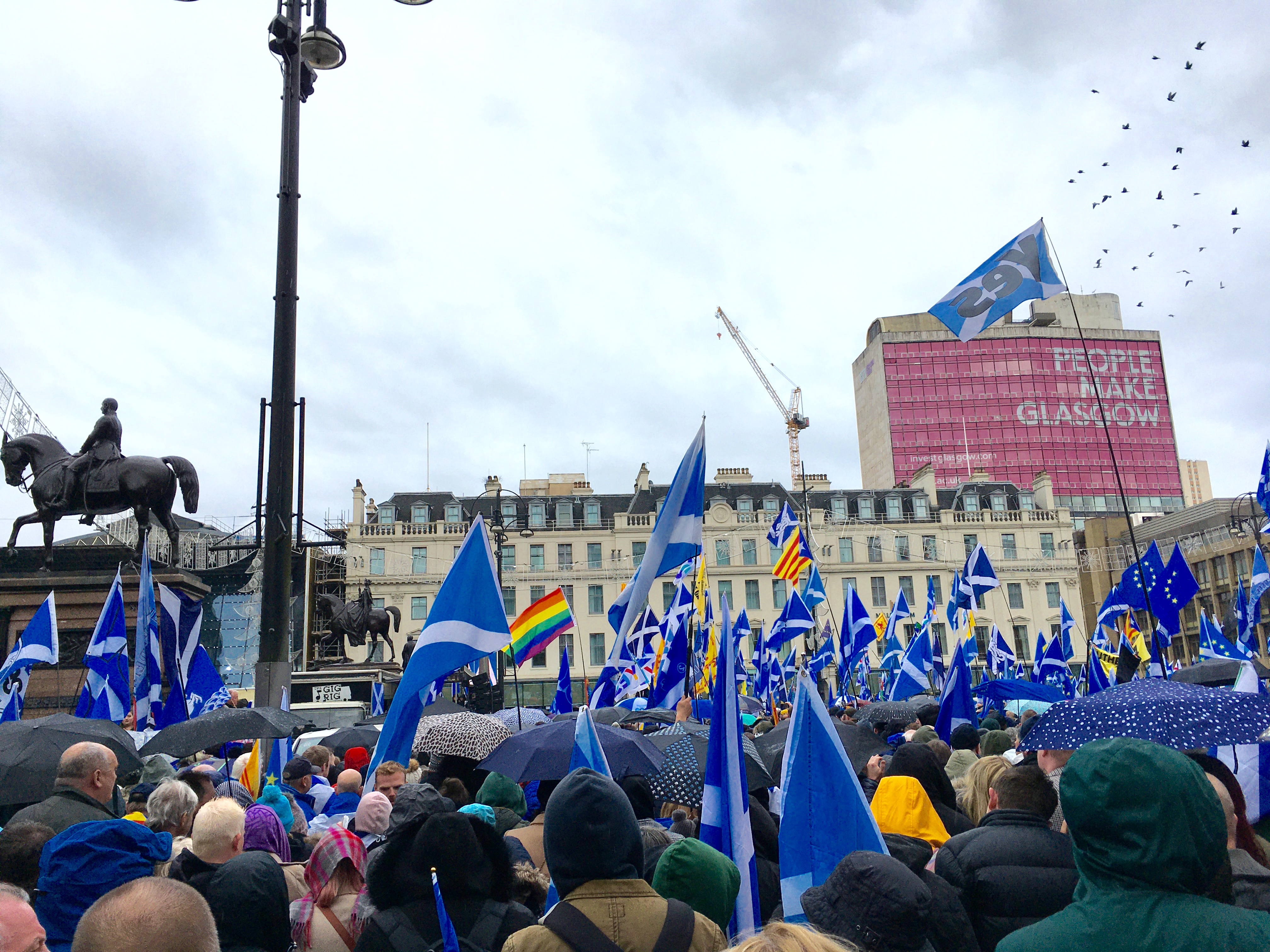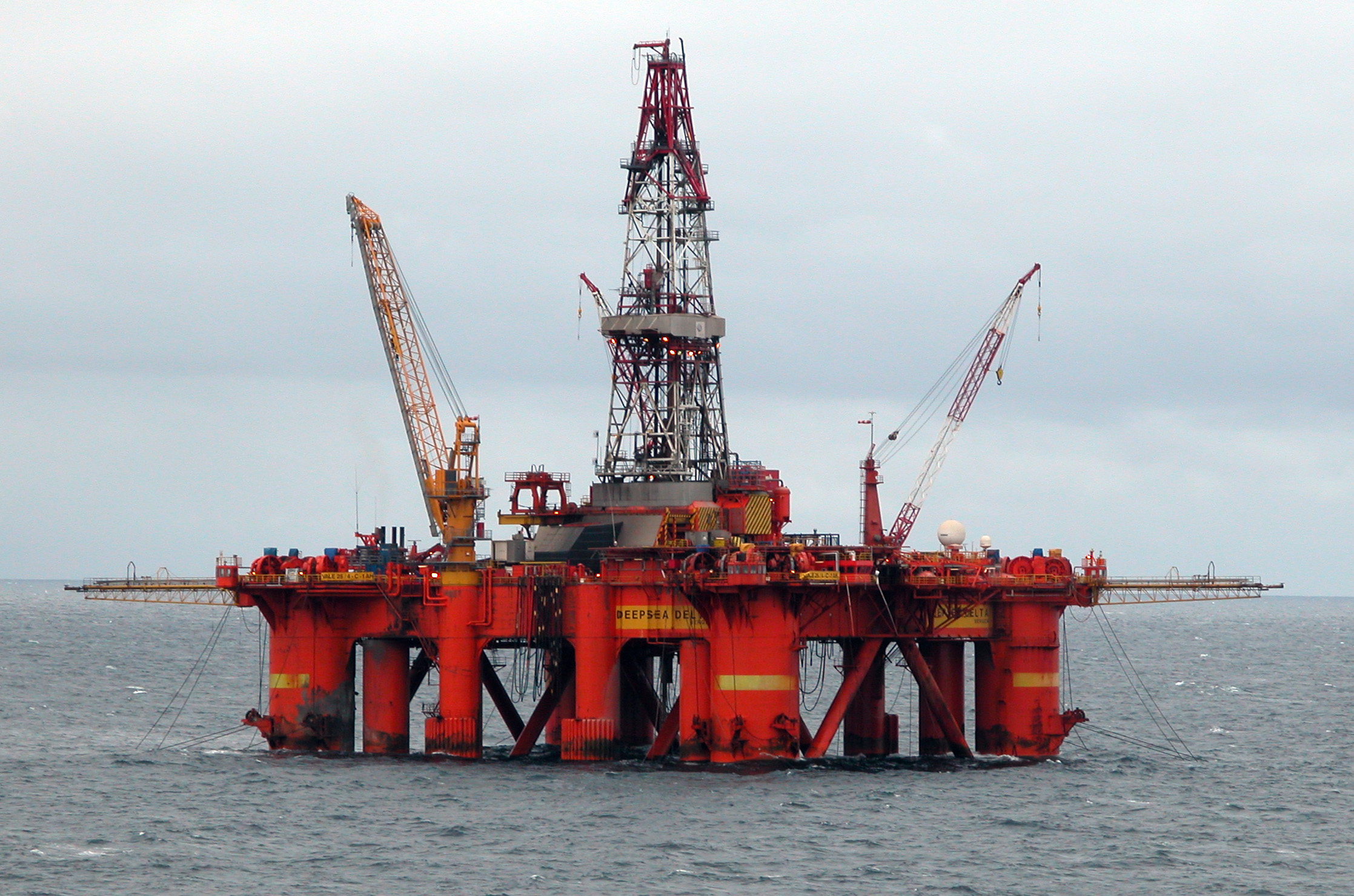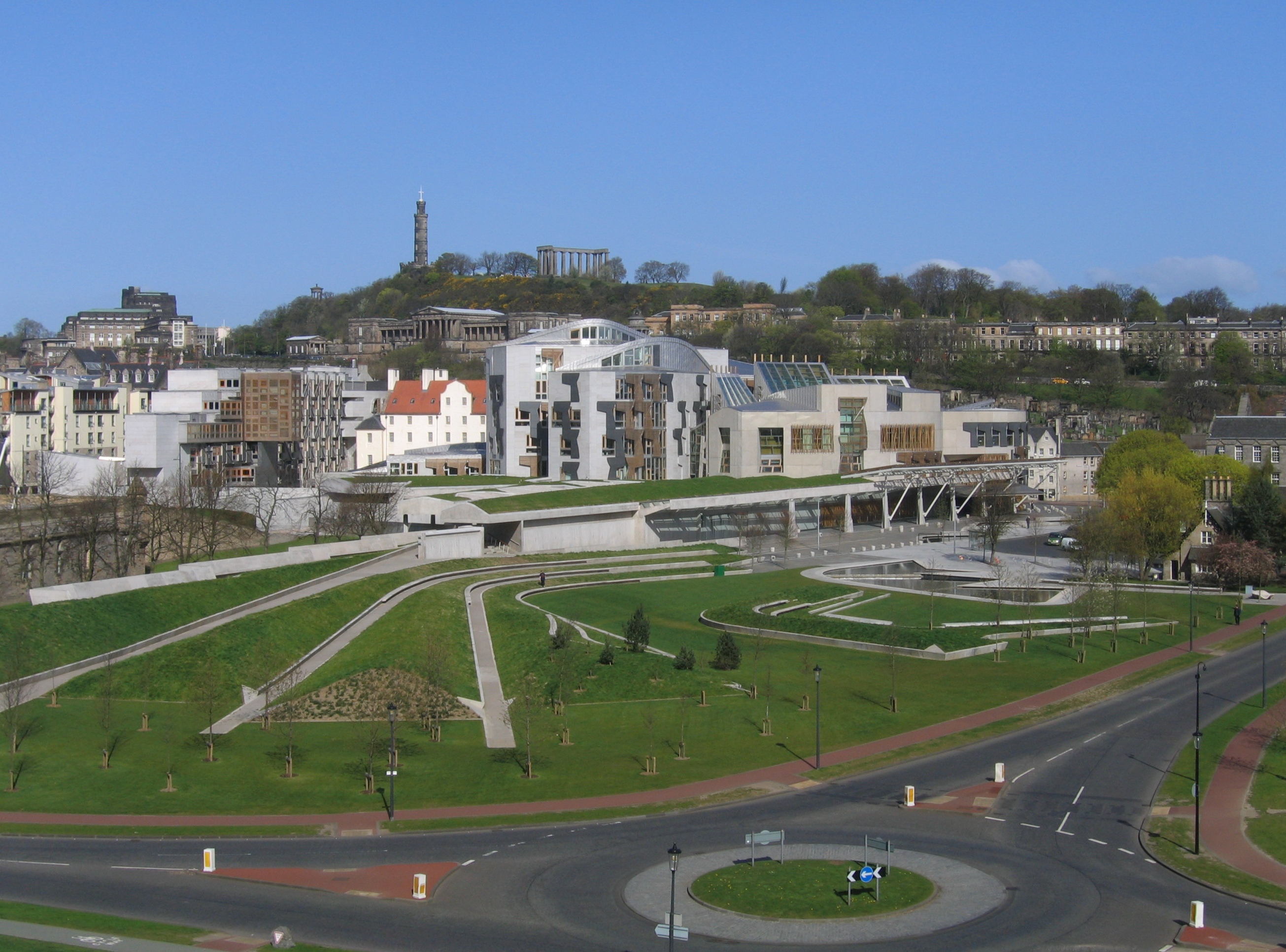|
Scottish Jacobite Party
The Scottish Jacobite Party was a political party in Scotland. It was registered with the Electoral Commission on 8 July 2005, and launched in Glenfinnan to coincide with the 31st G8 summit and roughly with the 260th anniversary of Bonnie Prince Charlie raising his standard there in 1745. Though Jacobitism means the restoration of the House of Stuart to the throne of Scotland or the UK, the party was republican; leader Dr John Black told ''The Guardian'' that "It is an attempt to tie into the romance of Scottish history. Look, if you can rebrand Labour into New Labour, it is surely a minor matter to rebrand "Jacobite" as republican and non-religious". The party's ideal Scottish republic would be outside the European Union but use the euro. The party had three members – the minimum required under British law – and was entirely self-funded. In the 2007 Scottish Parliament election, 2007 Scottish elections, the party nominated one candidate, John Black, who won 309 votes in Du ... [...More Info...] [...Related Items...] OR: [Wikipedia] [Google] [Baidu] |
Scottish Independence
Scottish independence ( gd, Neo-eisimeileachd na h-Alba; sco, Scots unthirldom) is the idea of Scotland as a sovereign state, independent from the United Kingdom, and refers to the political movement that is campaigning to bring it about. Scotland was an independent kingdom through the Middle Ages, and fought wars to maintain its independence from England. The two kingdoms were joined in personal union in 1603 when the Scottish King James VI became James I of England, and the two kingdoms united politically into one kingdom called Great Britain in 1707. Political campaigns for Scottish self-government began in the 19th century, initially in the form of demands for home rule within the United Kingdom. Two referendums on devolution were held in 1979 and 1997, with a devolved Scottish Parliament being established on 1 July 1999. The pro-independence Scottish National Party first became the governing party of the devolved parliament in 2007, and it won an outright majority ... [...More Info...] [...Related Items...] OR: [Wikipedia] [Google] [Baidu] |
Dumbarton (Scottish Parliament Constituency)
Dumbarton ( Gaelic: ''Dùn Breatann'') is a constituency of the Scottish Parliament ( Holyrood) covering parts of the council areas of Argyll and Bute and West Dunbartonshire. It elects one Member of the Scottish Parliament (MSP) by the first past the post method of election. It is also one of ten constituencies in the West Scotland electoral region, which elects seven additional members, in addition to the ten constituency MSPs, to produce a form of proportional representation for the region as a whole. The seat has been held continuously by Jackie Baillie of Scottish Labour since being first contested at the 1999 Scottish Parliament election. Electoral region The other nine constituencies of the West Scotland region are Clydebank and Milngavie, Cunninghame North, Cunninghame South (Scottish Parliament constituency), Cunninghame South, Eastwood (Scottish Parliament constituency), Eastwood, Greenock and Inverclyde (Scottish Parliament constituency), Greenock and ... [...More Info...] [...Related Items...] OR: [Wikipedia] [Google] [Baidu] |
Republican Parties In The United Kingdom
Republican can refer to: Political ideology * An advocate of a republic, a type of government that is not a monarchy or dictatorship, and is usually associated with the rule of law. ** Republicanism, the ideology in support of republics or against monarchy; the opposite of monarchism ***Republicanism in Australia ***Republicanism in Barbados ***Republicanism in Canada *** Republicanism in Ireland *** Republicanism in Morocco ***Republicanism in the Netherlands ***Republicanism in New Zealand *** Republicanism in Spain ***Republicanism in Sweden ***Republicanism in the United Kingdom ***Republicanism in the United States **Classical republicanism, republicanism as formulated in the Renaissance *A member of a Republican Party: **Republican Party (other) **Republican Party (United States), one of the two main parties in the U.S. **Fianna Fáil, a conservative political party in Ireland **The Republicans (France), the main centre-right political party in France **Republican P ... [...More Info...] [...Related Items...] OR: [Wikipedia] [Google] [Baidu] |
Irredentism
Irredentism is usually understood as a desire that one state annexes a territory of a neighboring state. This desire is motivated by ethnic reasons (because the population of the territory is ethnically similar to the population of the parent state) or by historical reasons (because the territory formed part of the parent state before). However, difficulties in applying the concept to concrete cases have given rise to academic disputes about its precise definition. Disagreements concern whether either or both ethnic and historical reasons have to be present, whether non-state actors can also engage in irredentism, and whether attempts to absorb a full neighboring state are also included. Various scholars discuss different types of irredentism. One categorization distinguishes between cases in which the parent state exists before the conflict and cases in which a new parent state is formed by uniting an ethnic group spread across several countries. Another distinction concerns wheth ... [...More Info...] [...Related Items...] OR: [Wikipedia] [Google] [Baidu] |
Carlist Party (1970)
The Carlist Party ( es, Partido Carlista, ca, Partit Carlí, eu, Karlista Alderdia, gl, Partido Carlista, ast, Partíu Carlista; PC) is a Spanish political party that considers itself as a successor to the historical tradition of Carlism. The party was founded in 1970, although it remained illegal until 1977 following the death of the caudillo Francisco Franco and the democratisation of Spain. Since 2000, the general secretary of the party has been Evaristo Olcina and its official publication since is ''El Federal''. It has a political line of the alternative left, workers' self-management and confederalism. It annually organises the acts of Montejurra. The Carlist Party holds a federal structure with the possibility of it forming sovereign Carlist parties in the associate nationalities in the Carlist Party. The youths of the different Carlist parties and Carlist groups group together in the Carlist Youths. The party is known as the left-wing of the Carlist movement since ... [...More Info...] [...Related Items...] OR: [Wikipedia] [Google] [Baidu] |
Scottish Independence
Scottish independence ( gd, Neo-eisimeileachd na h-Alba; sco, Scots unthirldom) is the idea of Scotland as a sovereign state, independent from the United Kingdom, and refers to the political movement that is campaigning to bring it about. Scotland was an independent kingdom through the Middle Ages, and fought wars to maintain its independence from England. The two kingdoms were joined in personal union in 1603 when the Scottish King James VI became James I of England, and the two kingdoms united politically into one kingdom called Great Britain in 1707. Political campaigns for Scottish self-government began in the 19th century, initially in the form of demands for home rule within the United Kingdom. Two referendums on devolution were held in 1979 and 1997, with a devolved Scottish Parliament being established on 1 July 1999. The pro-independence Scottish National Party first became the governing party of the devolved parliament in 2007, and it won an outright majority ... [...More Info...] [...Related Items...] OR: [Wikipedia] [Google] [Baidu] |
Scottish National Party
The Scottish National Party (SNP; sco, Scots National Pairty, gd, Pàrtaidh Nàiseanta na h-Alba ) is a Scottish nationalist and social democratic political party in Scotland. The SNP supports and campaigns for Scottish independence from the United Kingdom and for membership of the European Union, with a platform based on civic nationalism. The SNP is the largest political party in Scotland, where it has the most seats in the Scottish Parliament and 45 out of the 59 Scottish seats in the House of Commons at Westminster, and it is the third-largest political party by membership in the United Kingdom, behind the Labour Party and the Conservative Party. The current Scottish National Party leader, Nicola Sturgeon, has served as First Minister of Scotland since 20 November 2014. Founded in 1934 with the amalgamation of the National Party of Scotland and the Scottish Party, the party has had continuous parliamentary representation in Westminster since Winnie Ewing won the ... [...More Info...] [...Related Items...] OR: [Wikipedia] [Google] [Baidu] |
It's Scotland's Oil
"It's Scotland's oil" was a widely publicised political slogan used by the Scottish National Party (SNP) during the 1970s in making their economic case for Scottish independence. It was argued that the discovery of North Sea oil off the coast of Scotland, and the revenue that it created would not benefit Scotland to any significant degree while Scotland remained part of the United Kingdom. The SNP campaigned widely in both the February 1974 UK General Election and subsequent October 1974 UK General Election using this slogan. At the February election the SNP gained seven seats in the House of Commons and 22% of the Scottish vote, rising to eleven seats and 30% of the vote in the October election. The idea behind the slogan has proven to be controversial in discussions surrounding the financial viability of an independent Scottish state and still resonates to this day. Background The outcome of the February 1974 General Election saw the Labour Party, led by Harold Wilson, win th ... [...More Info...] [...Related Items...] OR: [Wikipedia] [Google] [Baidu] |
History Of Scottish Devolution
Devolution is the process in which the central British parliament grants administrative powers (excluding principally reserved matters) to the devolved Scottish Parliament. Prior to the advent of devolution, some had argued for a Scottish Parliament within the United Kingdom – while others have since advocated for complete independence. The people of Scotland first got the opportunity to vote in a referendum on proposals for devolution in 1979 and, although a majority of those voting voted 'Yes', the referendum legislation also required 40% of the electorate to vote 'Yes' for the plans to be enacted and this was not achieved. A second referendum opportunity in 1997, this time on a strong proposal, resulted in an overwhelming 'Yes' victory, leading to the Scotland Act 1998 being passed and the Scottish Parliament being established in 1999. Scottish voters were given the chance to vote 'Yes' on outright independence in a 2014 referendum. In an effort to persuade Scots to rema ... [...More Info...] [...Related Items...] OR: [Wikipedia] [Google] [Baidu] |
Jacobite Risings
, war = , image = Prince James Francis Edward Stuart by Louis Gabriel Blanchet.jpg , image_size = 150px , caption = James Francis Edward Stuart, Jacobite claimant between 1701 and 1766 , active = 1688–1780s , ideology = * Legitimist support for the senior line of the Stuarts * Indefeasible dynastic right * Divine right of kings * Irish nationalism * Scottish nationalism , leaders = , leader1_title = Military leaders , leader1_name = , headquarters = , area = British Isles , size = , allies = *Papal States (Until 1788) , opponents = Jacobitism (; gd, Seumasachas, ; ga, Seacaibíteachas, ) was a political movement that supported the restoration of the senior line of the House of Stuart to the British throne. The name derives from the first name of James II and VII, which in Latin translates as ''Jacobus''. When James went into exil ... [...More Info...] [...Related Items...] OR: [Wikipedia] [Google] [Baidu] |
:Category:Politics Of Scotland
{{CatAutoTOC ...
Scotland Scotland Scotland (, ) is a Countries of the United Kingdom, country that is part of the United Kingdom. Covering the northern third of the island of Great Britain, mainland Scotland has a Anglo-Scottish border, border with England to the southeast ... [...More Info...] [...Related Items...] OR: [Wikipedia] [Google] [Baidu] |
Berwickshire, Roxburgh And Selkirk (UK Parliament Constituency)
Berwickshire, Roxburgh and Selkirk is a constituency of the British House of Commons, located in the south of Scotland within the Scottish Borders council area. It elects one Member of Parliament (MP) at least once every five years using the first-past-the-post system of voting. The constituency name comes from the three counties it covers; Berwickshire, Roxburghshire and Selkirkshire. A mostly rural constituency, it includes the towns of Coldstream, Duns, Eyemouth, Galashiels, Hawick, Jedburgh, Kelso, Melrose and Selkirk. Boundaries As created by the Fifth Review of the Boundary Commission for Scotland. The Berwickshire, Roxburgh and Selkirk constituency covers part of the Scottish Borders council area. The rest of the council area is covered by the Dumfriesshire, Clydesdale and Tweeddale constituency, which also covers part of the Dumfries and Galloway council area and part of the South Lanarkshire council area. The Berwickshire, Roxburgh and Selkirk constituency is pr ... [...More Info...] [...Related Items...] OR: [Wikipedia] [Google] [Baidu] |






